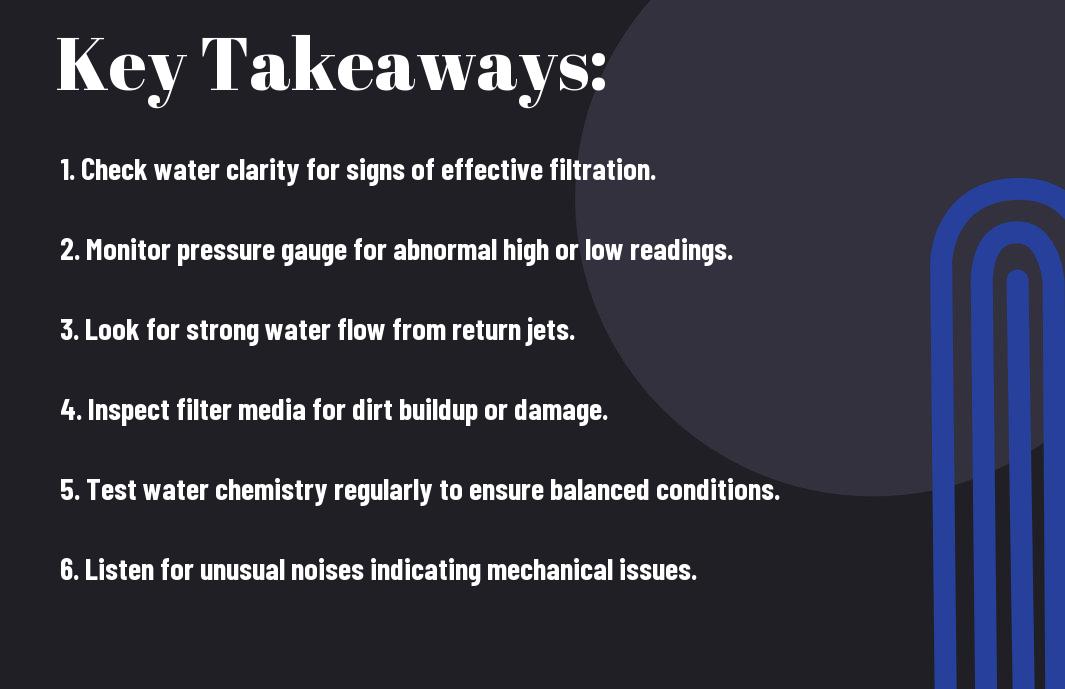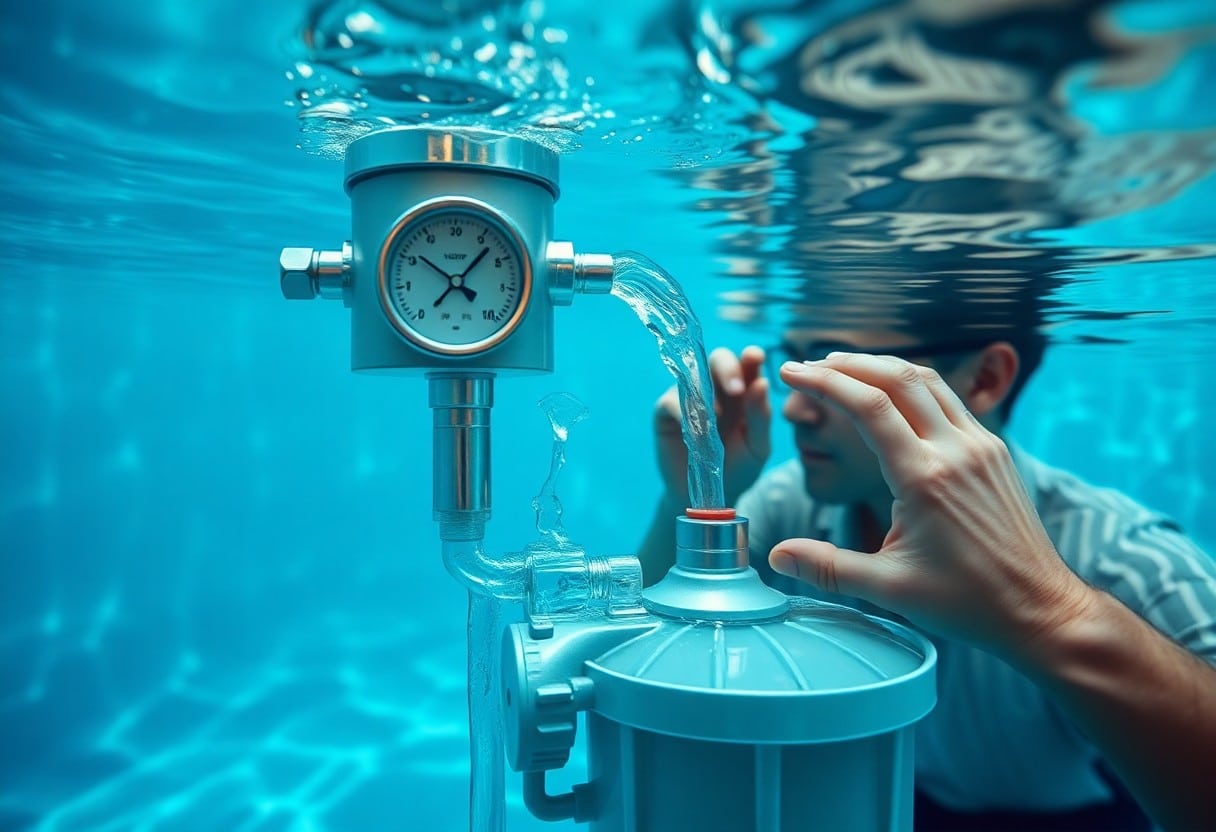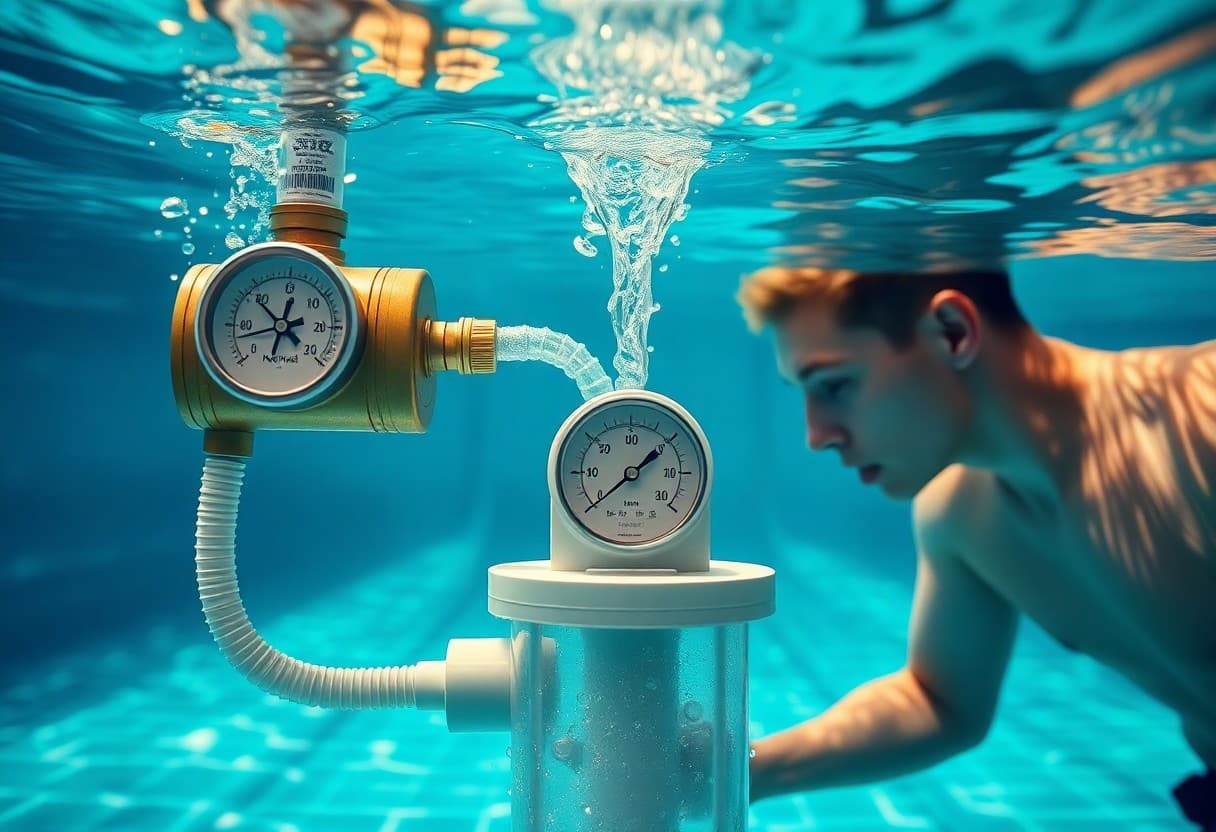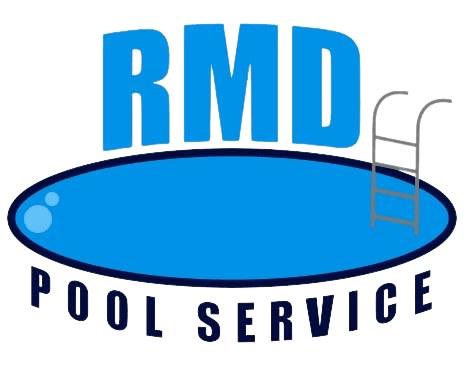There’s a good chance you rely on your pool filter to keep your swimming area clean and safe. Understanding how to determine if your filter is functioning properly can save you time and money while ensuring your pool stays in top condition. In this post, you’ll learn the key signs that indicate whether your pool filter is doing its job effectively, allowing you to enjoy a sparkling clean pool all season long.
Decoding the Pool Filter’s Role in Water Quality
Your pool filter is imperatively the heart of your swimming pool’s water quality system. It serves to remove debris, dirt, and contaminants, ensuring that the water remains clear and safe for you and your family to enjoy. Without a functioning filter, your pool water can quickly become murky, leading to potential health hazards and an uninviting swimming environment.
The Essential Functions of a Pool Filter
A pool filter performs several imperative functions to maintain water clarity and hygiene. By circulating and cleaning the water, it captures particles as small as 20 microns, including dirt, leaves, and bacteria. This process not only improves the aesthetic appeal of your pool but also prevents chemical imbalances that can arise from debris breakdown, ensuring that your water chemistry remains stable.
The Connection Between Filter Performance and Pool Health
The performance of your pool filter directly influences the overall health of your pool’s ecosystem. A well-functioning filter eliminates contaminants that can cause algae growth, cloudiness, and even skin irritations among swimmers. Regular filter maintenance ensures optimal water clarity and a healthy swimming environment, ultimately extending the lifespan of your pool equipment.
When your filter is operating at peak efficiency, you significantly reduce the number of harmful microorganisms in your pool. Poorly filtered water can lead to issues like algae blooms and bacterial proliferation, which not only detracts from the pool’s appearance but can also pose health risks. For instance, bacteria such as E. coli or Legionella can thrive in polluted water, creating dangerous swimming conditions. Regularly checking your filter’s performance—such as clearing any blockages and replacing cartridges as needed—plays a vital role in maintaining both the cleanliness and safety of your pool experience.

Checking the Vital Signs: Key Indicators of Filter Efficiency
Your pool filter’s effectiveness can be gauged by several vital signs that indicate whether it functions properly. Pay attention to water clarity, the filter pressure gauge, and any unusual indicators such as sounds or smells. A combination of these factors will help you assess if your filter is working efficiently and maintaining a clean, inviting swimming environment.
Assessing Water Clarity and Chemistry
If your pool water appears cloudy or has a greenish tint, this can signal that your filter may not be operating effectively. Clear, balanced water typically indicates proper filtration, so routine tests for pH, alkalinity, and chlorine levels, along with visual inspections, are important to ensure that your filter is doing its job.
Noticing Unusual Sounds and Odors
Any peculiar sounds or smells emanating from your filter system should raise some flags. Hissing, rattling, or grinding noises can indicate mechanical issues, while foul odors could suggest algae growth or stagnant water, pinpointing that the filter may not be functioning properly.
Specifically, a hissing sound may indicate an air leak in the suction side of the system, which impairs the filter’s ability to draw in water. Rattling noises could signal loose components or even a failing pump. Pay attention to musty or swampy odors, which can accompany stagnant water resulting from insufficient filtration. Addressing these issues promptly can save you time and money in repairs while ensuring your pool remains a safe and pleasant place to swim.

Visual Inspections: What to Look For
Regular visual inspections play a key role in assessing your pool filter’s condition. Start by checking for any visible leaks around the pump and filter system, which could indicate problems needing immediate attention. Look for discoloration or buildup on the filter media, as these may signal that the filter isn’t functioning efficiently. Additionally, make sure to inspect any hoses and connections for cracks or wear that could lead to water loss or malfunction.
Examining the Filter System for Damage and Wear
Inspect the entire filter system for any signs of damage, such as cracks or corrosion. Pay special attention to the filter tank, as even small fractures can lead to significant leaks. Any worn-out seals or gaskets should also be replaced promptly to ensure a snug fit that maintains pressure and prevents bypass. Identifying issues early can save you from costly repairs down the line.
Cleaning and Maintenance Best Practices
Routine cleaning of your pool filter enhances its longevity and performance. Regularly backwash your filter according to the manufacturer’s recommendations, typically every few weeks or when the pressure gauge indicates a rise of 8-10 psi over normal. In addition, clean the skimmer and pump baskets weekly to prevent debris buildup, and consider cleaning or replacing the filter media, such as sand or cartridges, as needed. Prioritize maintenance tasks to ensure your filter operates at peak efficiency, allowing for crystal-clear water circulation throughout your pool.

The Pressure Gauge: Your Filter’s Best Friend
The pressure gauge on your pool filter provides vital insights into its functioning. By monitoring the pressure, you can determine whether your filter is operating efficiently. A properly working filter will show pressure readings within a certain range. If you notice a significant deviation from this range, it may indicate that your filter requires attention, whether that’s a cleaning or a deeper investigation into potential issues.
Understanding Pressure Readings and Their Implications
Regularly checking the pressure readings on your filter helps you assess its performance. A typical healthy pressure level is usually between 10-20 PSI, depending on your system type. A reading higher than this suggests that your filter is becoming clogged with debris, while a lower reading may indicate potential leaks or other problems affecting efficiency. Monitoring these numbers informs your maintenance decisions.
When to Replace or Clean Your Filter
Cleaning or replacing your filter should happen based on its pressure readings and the quality of your pool water. If your gauge indicates a pressure increase of 8-10 PSI above the normal range, it’s time to clean your filter. Regular maintenance should be performed every 4-6 weeks during your swimming season. If cleaning doesn’t help or the filter is older than 5-10 years, you might need to consider a replacement to ensure optimal water quality.
Keeping your filter clean not only improves its lifespan but also enhances the overall quality of your pool water. If after a thorough cleaning, your pressure remains elevated beyond the healthy range or if you notice signs of wear and tear, it’s wise to replace the filter. Different types of filters have varying lifespans—cartridge filters typically last 1-2 years while sand filters can last 5-7 years. By knowing your filter’s age and its condition, you can act accordingly to maintain a sparkling clean pool for years to come.
Troubleshooting Common Filter Problems
Even the most diligent pool owner may encounter issues with their filter from time to time. Knowing how to troubleshoot common problems can save you time, money, and frustration. Start by examining the symptoms you observe—whether it’s cloudy water, excessive pressure on the gauge, or strange noises from the filter. Each of these signs indicates a potential issue, and addressing them promptly can help restore your pool’s clarity and functionality.
Diagnosing Issues Based on Symptoms
Identifying the root of your pool filter’s problems begins with observing symptoms. If your water remains cloudy despite regular cleaning, there might be a clog or a need for new filter media. Unusually high pressure readings suggest a blockage within the filter, while loud noises could indicate mechanical issues or loose components. By paying attention to these details, you can narrow down the possible faults before taking corrective action.
Solutions for Common Pool Filter Failures
Addressing common pool filter failures often requires straightforward solutions. For clogged filters, backwashing or replacing the filter media may be necessary. If pressure is the issue, inspecting the plumbing and removing debris can help. As for mechanical issues, tightening or replacing faulty components may restore your filter’s function. Many common problems can be resolved with just a few tools and some basic knowledge of your pool system.
Focusing on these solutions means taking proactive steps like regularly maintaining your filter system. Schedule routine cleanings and replacements according to manufacturer guidelines. For example, sand filters should be backwashed every 4-6 weeks, while cartridge filters typically need replacement every 1-2 years. Keeping spare parts on hand—like O-rings or replacement cartridges—can also expedite repairs, preventing downtime and ensuring your pool remains a refreshing oasis throughout the season.
Summing up
Conclusively, to determine if your pool filter is working effectively, you should regularly check the water clarity, monitor the pressure gauge for abnormal readings, and clean or replace the filter media as necessary. Additionally, inspect for any unusual noises from the pump and ensure that the skimmer and pump baskets are free of debris. Regular maintenance and observation will help you keep your pool filter functioning optimally, providing you with clean and safe swimming water all season long.
